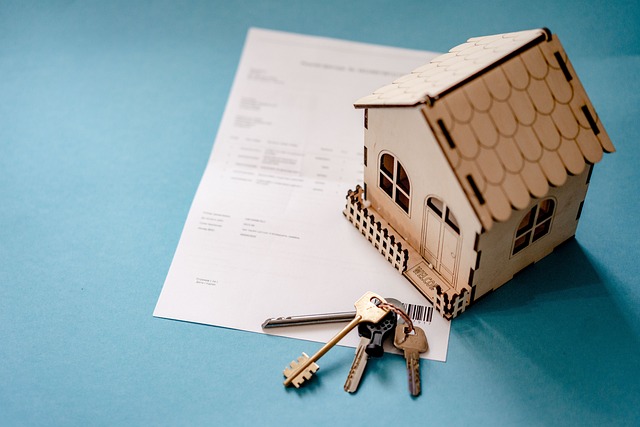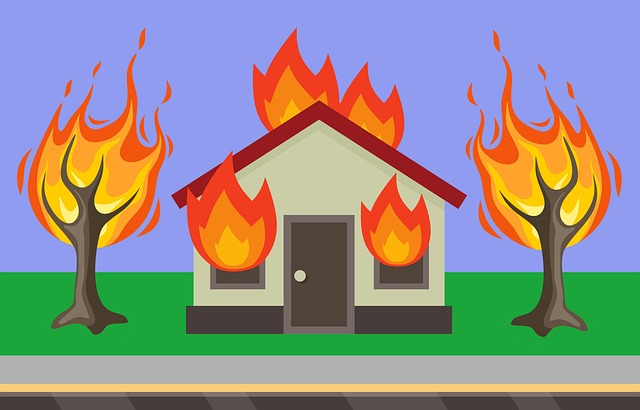Dental practices, despite controlled environments, face unique risks like medical errors, patient complications, and equipment malfunctions. Liability insurance for DDS is critical in mitigating these dangers, offering financial protection against claims, malpractice lawsuits, property damage, personal injury, and business interruptions. This coverage ensures dental professionals can focus on quality care without added worry. Specialized liability insurance safeguards against non-dental claims (General Liability) and dental errors/omissions (Professional Liability), protecting assets and peace of mind. Informed policy selection based on practice size, location, and specialty, coupled with risk assessments and safety protocols, is key to preventing liabilities and enhancing patient satisfaction.
Dental professionals face unique challenges, with practice risks ranging from patient injuries to malpractice claims. Understanding these risks is paramount for any Dental Dentist (DDS), as it directly impacts their practice’s longevity and financial stability. This article explores the critical role of liability insurance for DDS, delving into various coverage options, selection strategies, common malpractice scenarios, and how effective claims management can mitigate practice vulnerabilities. By equipping DDSs with knowledge about liability insurance, we aim to empower them to make informed decisions safeguarding their careers and businesses.
- Understanding Dental Practice Risks and Liability
- The Importance of Liability Insurance for DDS (Dental Dentists)
- Types of Dental Liability Coverage Options
- How to Choose the Right Liability Insurance Policy
- Common Dental Malpractice Scenarios and Prevention
- Claims Management and Its Impact on Dental Practices
Understanding Dental Practice Risks and Liability

Dental practices, despite their seemingly sterile and controlled environment, come with unique risks and potential liabilities. These risks can arise from various sources, including medical errors, patient complications, equipment malfunctions, or even allegations of professional misconduct. Dentists and dental specialists, such as a DDS (Doctor of Dental Surgery), must be aware that their profession involves handling sensitive procedures and care for patients’ oral health.
Liability insurance for DDS is a crucial component in mitigating these risks. It provides financial protection against potential claims and suits, offering peace of mind knowing that the practice and its providers are safeguarded. This type of insurance covers various scenarios, such as malpractice lawsuits, property damage, personal injury to patients or staff, and even business interruptions. By having the right liability coverage, dental professionals can ensure they’re prepared for any unforeseen circumstances, allowing them to focus on delivering quality oral care.
The Importance of Liability Insurance for DDS (Dental Dentists)

For dental providers, particularly DDS (Dental Dentists), liability insurance is more than just a recommendation—it’s a necessity. In the course of their work, dentists frequently interact with patients who trust them with their oral health and overall well-being. This trust comes with significant responsibility, as any misstep or adverse event can lead to legal repercussions and substantial financial losses. Liability insurance for DDS acts as a shield, protecting against potential claims related to negligence, malpractice, or patient harm.
This coverage is crucial as dental practices face unique risks, from equipment malfunctions to complex procedures with inherent risks. By securing liability insurance, DDS can ensure they are prepared for any unforeseen circumstances and have the financial backing needed to navigate legal challenges. This allows them to focus on delivering quality care without the constant burden of worry, knowing that their practice is protected against potential liabilities.
Types of Dental Liability Coverage Options

Dental professionals, including Dentists (DDS), face unique risks and liabilities in their practice. To mitigate these risks, several types of liability insurance options are available. General Liability Insurance protects against non-dental claims, such as slips and falls or property damage on the practice premises. This is crucial for covering legal fees and damages if a patient files a lawsuit unrelated to dental care.
Professional Liability Insurance, also known as malpractice insurance, is specifically designed to cover dental errors or omissions that result in patient harm. It protects DDSs from medical malpractice claims, including diagnostic errors, treatment mistakes, or negligence in providing dental care. Choosing the right liability insurance for DDSs involves evaluating the practice’s specific needs and potential risks, ensuring comprehensive protection against various liability scenarios.
How to Choose the Right Liability Insurance Policy

Selecting the appropriate liability insurance policy is a pivotal step for dental professionals, as it safeguards their practice and personal assets from potential risks and lawsuits. When choosing a policy, DDSs (Dental Doctors) should consider their level of risk exposure based on their practice size, location, and specialist area. For instance, a dentist performing complex procedures might require higher coverage than one offering routine care.
It’s crucial to evaluate different policies’ terms, conditions, and exclusions. Look for comprehensive coverage that includes professional liability, general liability, and any complementary options relevant to your practice. Additionally, understanding the claims process, deductibles, and policy limits will empower you to make an informed decision. Consulting with insurance specialists or industry peers can also provide valuable insights into tailored solutions that meet your unique dental practice’s needs.
Common Dental Malpractice Scenarios and Prevention

Dental professionals, including dentists (DDS) and their support staff, face various risks in their day-to-day practice. Malpractice claims can arise from a range of common scenarios, such as incorrect diagnoses, treatment errors, or failures to obtain informed consent. For example, misjudging the extent of a patient’s oral health issues or using inappropriate techniques during a procedure can lead to injuries or complications.
To safeguard against these potential liabilities, dental providers should focus on prevention. This includes staying up-to-date with the latest industry standards and best practices, attending regular continuing education courses, and maintaining thorough records. Obtaining adequate liability insurance for DDS is also essential, providing financial protection in the event of a malpractice lawsuit. Regular risk assessments and implementing safety protocols can significantly reduce these risks, ensuring both patient satisfaction and professional peace of mind.
Claims Management and Its Impact on Dental Practices

Dental practices face unique challenges, with claims management being a significant concern. As dental professionals, whether dentists (DDS) or specialists, navigate complex legal and financial landscapes, managing claims becomes an integral part of their operational strategy. Effective claims management is crucial to ensuring the sustainability and success of these practices.
Liability insurance for DDS plays a pivotal role in this process. It acts as a shield against potential financial losses arising from medical malpractice suits, errors, or omissions. By implementing robust claims management processes, dental providers can mitigate risks, streamline settlements, and maintain a positive reputation. This involves prompt assessment, documentation, and communication of potential claims, ensuring compliance with legal requirements and ethical standards.
